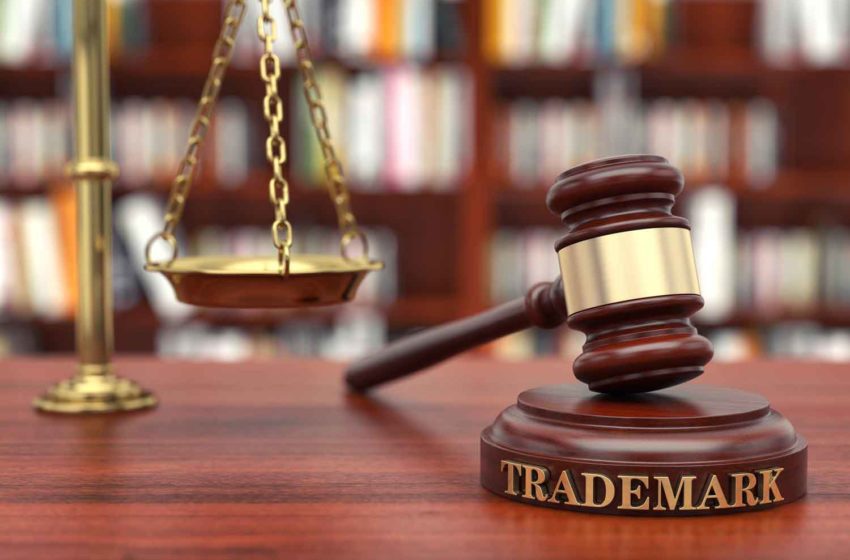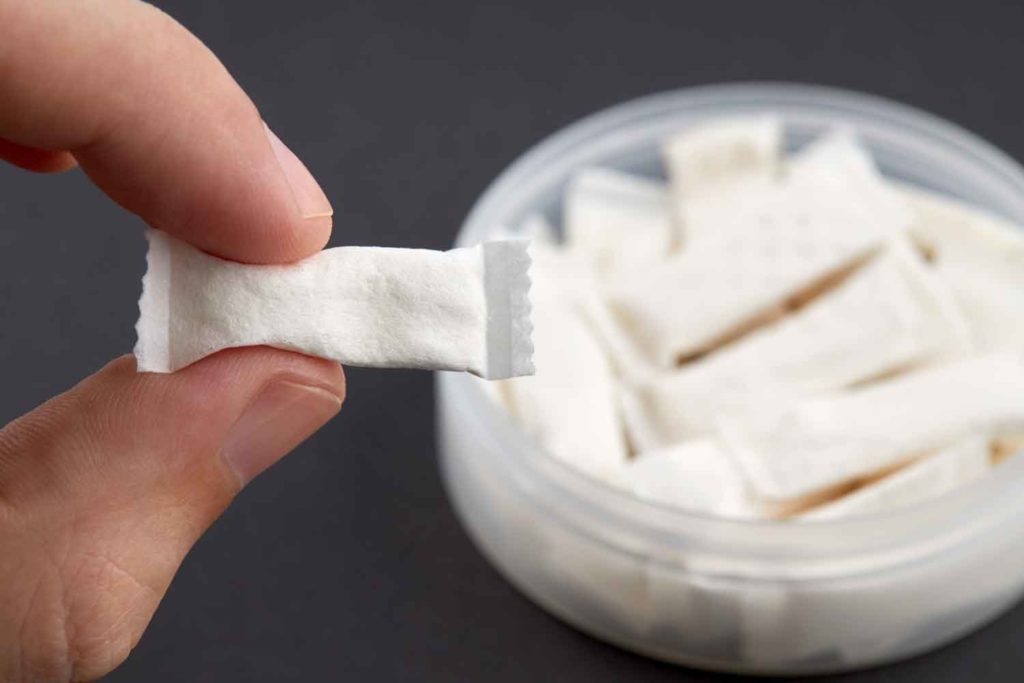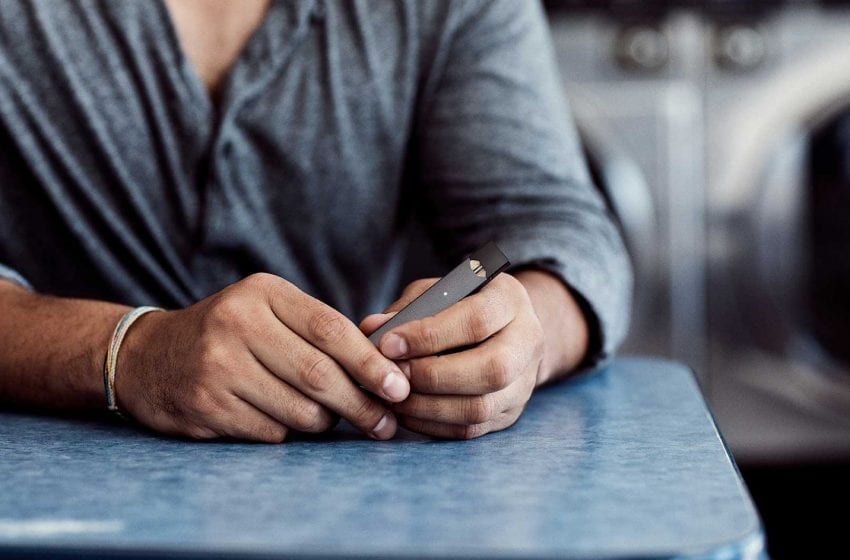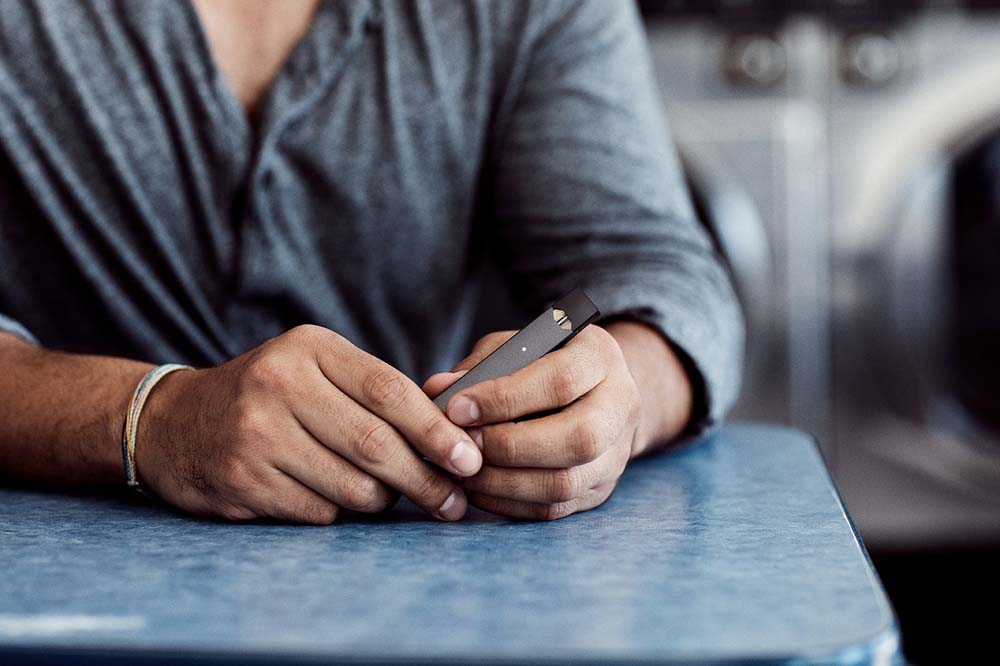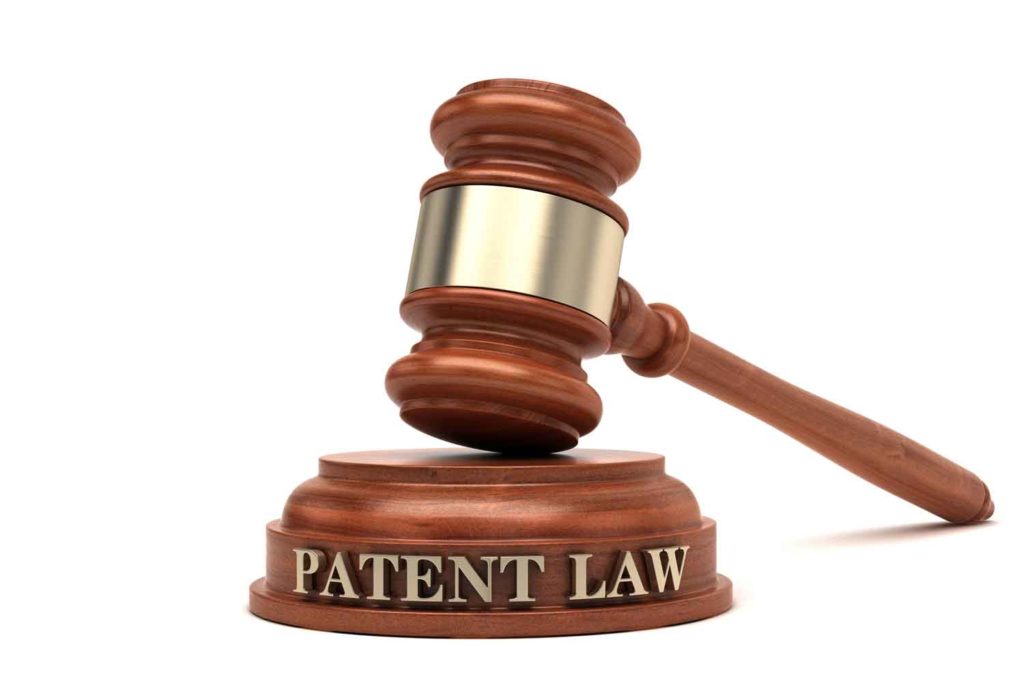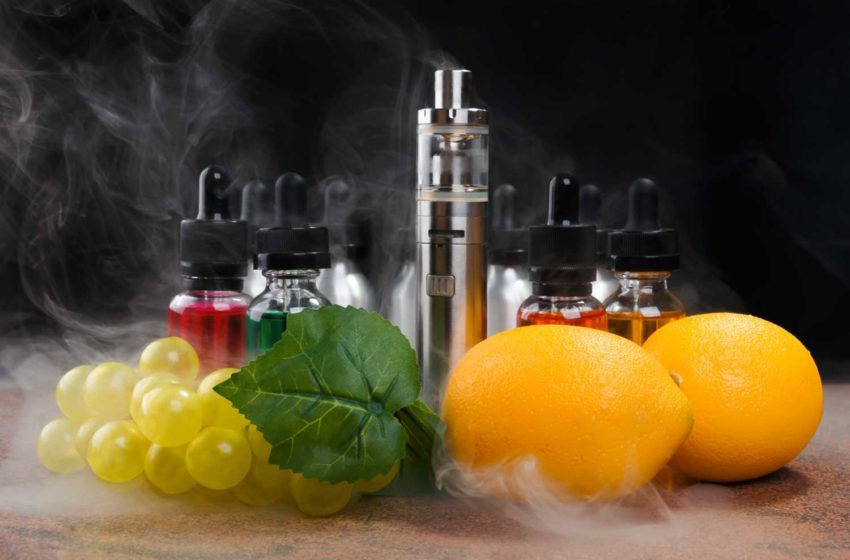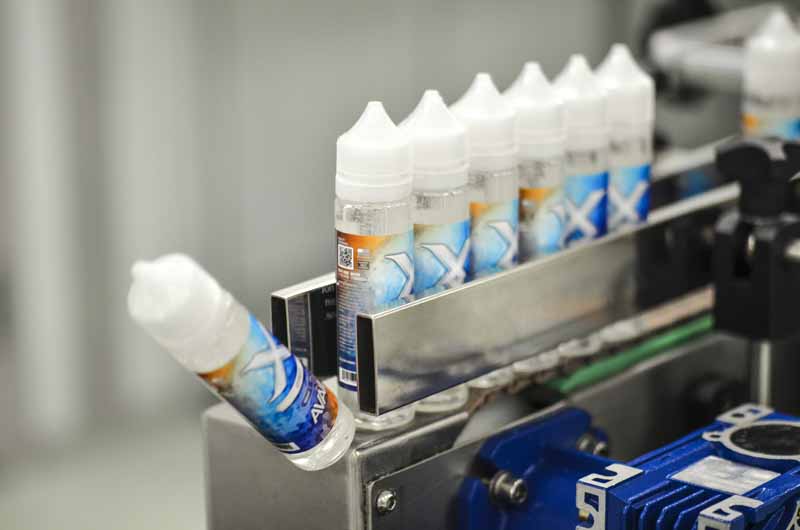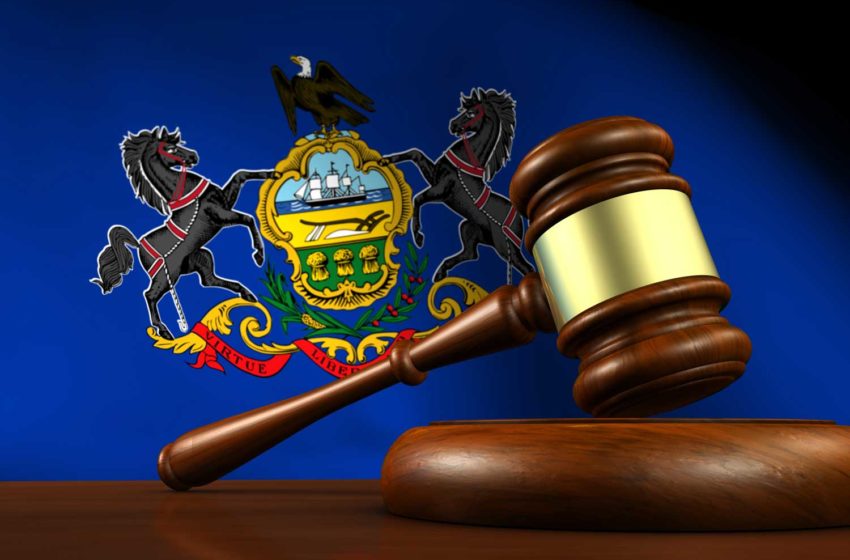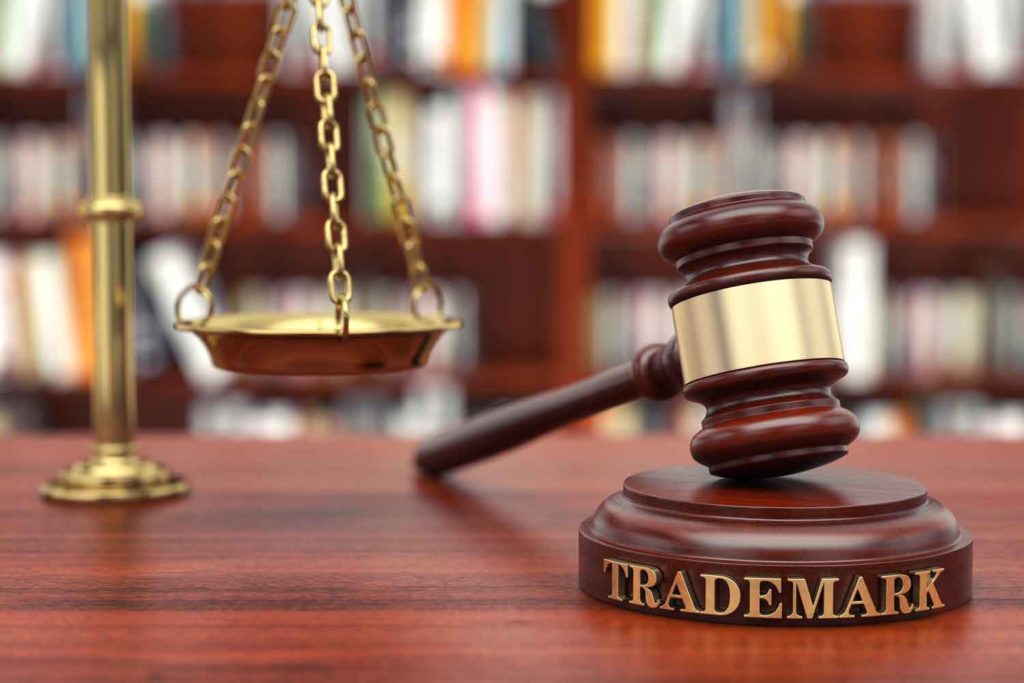
A U.S. federal judge on Feb. 23 ordered Shenzhen Weiboli Technology to stop marketing its Elfbar e-cigarettes in the U.S., finding that VPR Brands, which makes and sells Elf brand vapes, is likely to succeed on its claims that the Elfbar vapes infringe its trademark, reports Law360.
According to U.S. District Judge Aileen M. Cannon, VPR has shown there is a likelihood of confusion and the company stands to suffer harm if its Chinese competitor is allowed to keep selling the Elfbar vapes.
In November, VPR asked for an injunction blocking Shenzhen Weiboli from continuing to use the Elfbar mark, arguing the alleged infringement is costing VPR about $100 million because of the effect on future sales.
VPR claims Shenzhen Weiboli is not only infringing VPR’s Elf trademark but also its patent for its e-cigarette device.
While there is no direct evidence that Shenzhen Weiboli deliberately intended to adopt the Elf mark to take advantage of the existing trademark, Judge Cannon wrote that the company was well aware of the Elf mark and that there was potential for confusion, as the U.S. Patent and Trademark Office denied the registration of an Elfbar trademark specifically for those reasons.
VPR welcomed the judge’s decision. “VPR is pleased that the court found Elf is a strong trademark and granted the injunction,” said Joel B. Rothman of Sriplaw, which represented VPR in the case. “The injunction will allow VPR to move quickly against infringers and counterfeiters in the marketplace.”
An attorney for Shenzhen Weiboli said the company intends to appeal the order.

